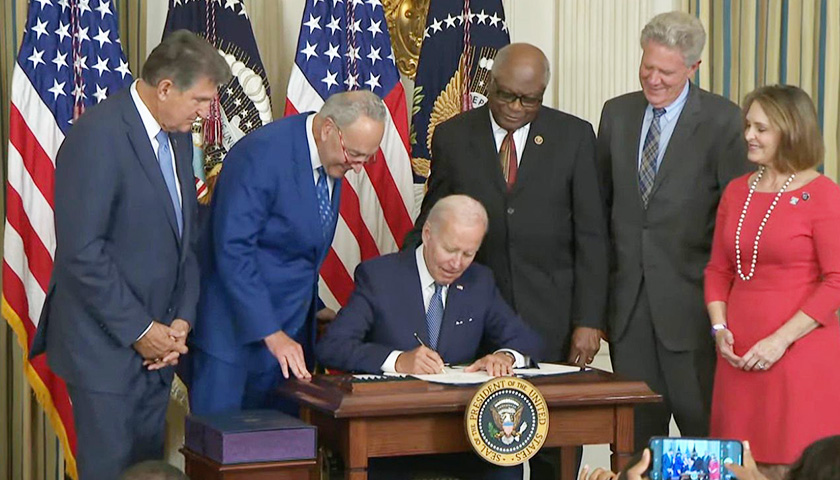All taxpayers are dealing with a disastrous filing season this year, with the IRS backed up on processing millions of returns and refunds from last year and communication from the agency nonexistent at best. But some taxpayers will have an added headache in the future as a result of an unnecessary new paperwork requirement that went into effect this year. Fortunately, however, legislation introduced by Sen. Bill Hagerty (R-TN) would address this issue by removing the burdensome new requirement.
Ever since IRS Commissioner Chuck Rettig claimed last year that the “tax gap,” or the gap between what the IRS collects and what it believes it is owed, could be as large as $1 trillion, politicians and legislators have been scrambling to propose ways to collect all that missing revenue. That’s despite the fact that more sober analyses show that the $1 trillion figure is probably wildly exaggerated, that it is functionally impossible to wholly prevent tax evasion, and that a far greater concern is the IRS’s inability to handle its taxpayer service responsibilities.
But as far as proposals to collect all this supposed “extra revenue” go, most of the focus has rightly been on schemes to drastically increase the IRS’s enforcement budget and allow the IRS to snoop on taxpayers’ financial accounts. But another more targeted change has already gone into effect, and is already causing problems.
Read More






